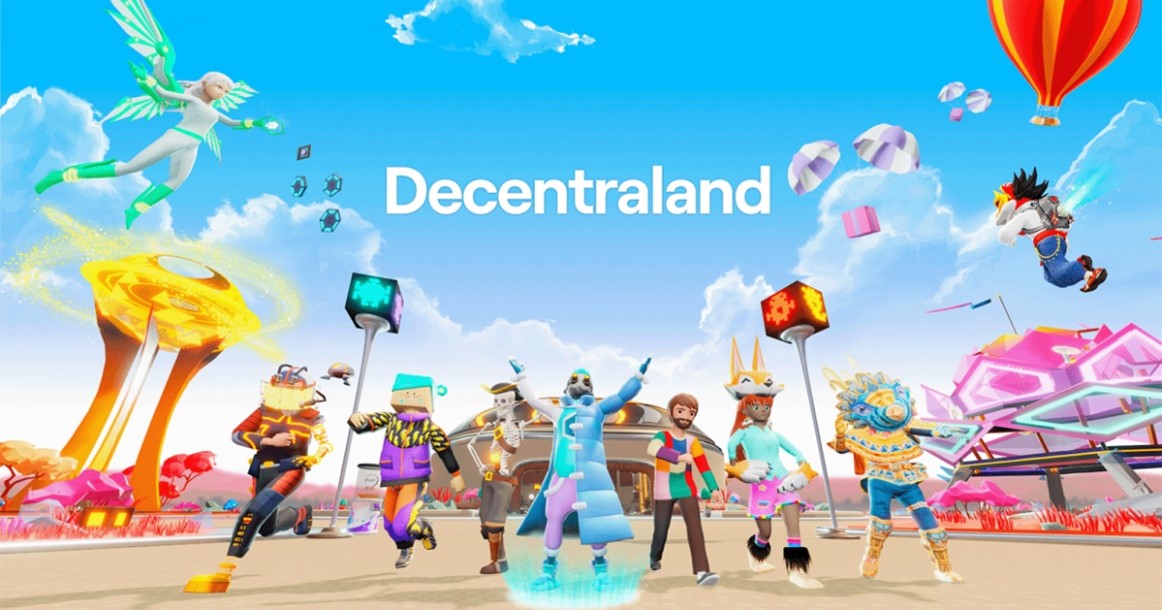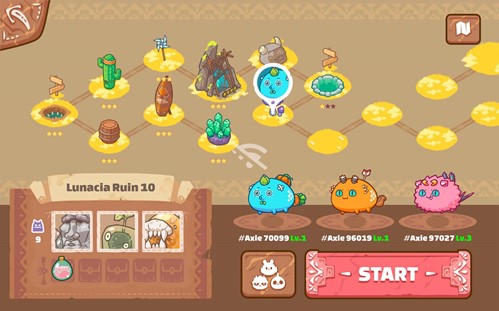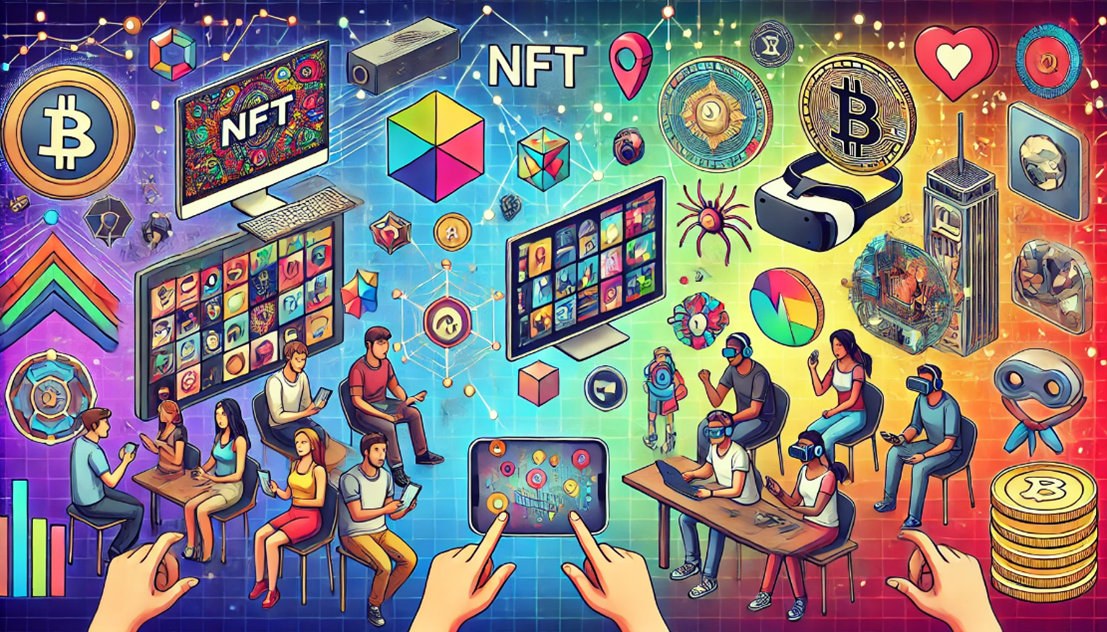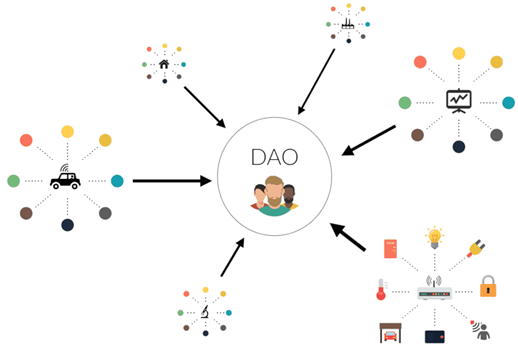Comparative analysis of P2E games specific to Southeast Asia

Comparative analysis of P2E games specific to Southeast Asia
by Maximilian 03:06pm Jan 17, 2025

A comparative analysis of Play-to-Earn (P2E) games specific to Southeast Asia highlights how these games have taken root in the region, particularly due to the strong interest in cryptocurrency, NFTs, and gaming culture. P2E games have become a source of supplementary income for many individuals in countries with limited job opportunities, especially during economic downturns. The region's adoption of blockchain technology and decentralized finance (DeFi) has fueled the popularity of these games.
Here's a breakdown of several popular P2E games in Southeast Asia, comparing key elements like game mechanics, profitability, accessibility, and community engagement:
1. Axie Infinity
Overview:
Axie Infinity is a decentralized blockchain-based game that became one of the most successful and widely adopted P2E games, especially in Southeast Asia. It allows players to collect, breed, and battle creatures called Axies. The game’s primary currencies are Smooth Love Potion (SLP), Axie Infinity Shards (AXS), and NFTs representing the Axies themselves.
Game Mechanics:
Collect and Battle Axies: Players need a team of three Axies to engage in battles, with each Axie having specific traits that affect performance.
Breeding: Players can breed Axies using SLP and AXS tokens, and sell or trade them on the marketplace.
Staking and Land: Axie also allows staking of AXS tokens and features virtual land in the game world, with potential for passive income through resource gathering or renting land.
Profitability:
Earnings from Battles: Players earn SLP by winning battles in PvE and PvP modes The amount earned varies depending on the player's Axie team and strategies.
Breeding & Selling Axies: Breeding Axies with rare traits and selling them on the marketplace can be profitable.
Income from Land: Players can earn passive income by owning land in Axie Infinity, where resources can be gathered or rented out.
Economic Volatility: The prices of SLP and AXS fluctuate, so profitability depends on market conditions.
Southeast Asia Adoption:
Philippines: The Philippines has been the global leader in Axie Infinity adoption. Many players use the game as a source of income, especially through scholarship programs, where wealthy players provide Axies to others in exchange for a percentage of earnings.
Vietnam: A similar trend is seen in Vietnam, where players are leveraging Axie Infinity to earn an income and offset economic challenges.

2. Splinterlands
Overview:
Splinterlands is a blockchain-based collectible card game, where players battle with cards representing monsters, summoners, and spells. The cards are NFTs and can be bought, sold, and rented. Players earn Dark Energy Crystals (DEC), which is the in-game currency, and SPS (Splinterlands Governance Token).
Game Mechanics:
Card Battles: Players build decks of cards and compete against others in ranked matches or tournaments.
Card Rentals: Players can rent their cards to others for DEC. This allows for passive income.
Card Crafting: Players can earn or craft better cards by participating in battles.
Daily & Seasonal Rewards: Completing daily quests and ranking high in tournaments provide additional rewards.
Profitability:
Earnings from Battles: Players earn DEC by winning battles, and they can also earn cards that can be sold or upgraded.
Card Rentals: Renting cards to other players can generate a steady passive income, especially if the player owns high-value cards.
Marketplace Sales: Rare cards have significant value and can be sold on the marketplace for DEC, SPS, or real-world cryptocurrencies.
Staking SPS: Players can stake SPS tokens to earn additional rewards.
Southeast Asia Adoption:
Thailand & Indonesia: These countries have witnessed a steady rise in P2E adoption, including Splinterlands. Players often utilize the rental system to create a passive income stream without the need for large upfront investment in rare cards.
Vietnam: As with Axie Infinity, Vietnam has a growing player base in Splinterlands, with individuals leveraging the game for supplementary income.
3. Decentraland
Overview:
Decentraland is another virtual world platform where players can buy, develop, and trade land and digital assets. It is built on the Ethereum blockchain, and its in-game currency is MANA. Like The Sandbox, Decentraland allows players to create experiences, art, and environments that can be monetized.
Game Mechanics:
Land Ownership: Players buy and develop plots of land. Virtual land can be used to host events, create businesses, or sell assets.
Marketplaces: Players can sell digital goods such as wearables, avatars, and in-game assets in the Decentraland Marketplace.
Social & Events: Players can host virtual events, art exhibitions, and concerts to attract visitors and generate revenue.
MANA Token: MANA is used to purchase land, assets, and participate in governance.
Profitability:
Land Sales: Virtual land has appreciated in value significantly, with some plots selling for millions of dollars. Players can sell land at a profit.
Asset Creation & Sales: Players can create NFTs such as art or wearables and sell them on the marketplace for MANA.
Event Hosting: Organizing virtual events or experiences, such as concerts or games, allows players to charge admission or offer exclusive access.
Southeast Asia Adoption:
Thailand & Indonesia: Both countries are seeing a surge in interest in the Metaverse and virtual world games like Decentraland. Many players are engaging in creating experiences or virtual businesses as an alternative revenue stream.
Vietnam: Vietnam’s gaming culture, especially among younger players, has led to increased engagement in decentralized virtual worlds, with Decentraland being a prominent platform for creators.

Conclusion:
P2E games in Southeast Asia have seen rapid adoption, especially in countries like the Philippines, Vietnam, Indonesia, and Thailand, where economic opportunities are limited and cryptocurrency is gaining traction.
Ultimately, the profitability and accessibility of each game depend on the player’s investment capacity, skill level, and willingness to engage in the game’s economy. Southeast Asia's young, tech-savvy population and growing interest in blockchain technology make the region fertile ground for the growth of P2E games.






